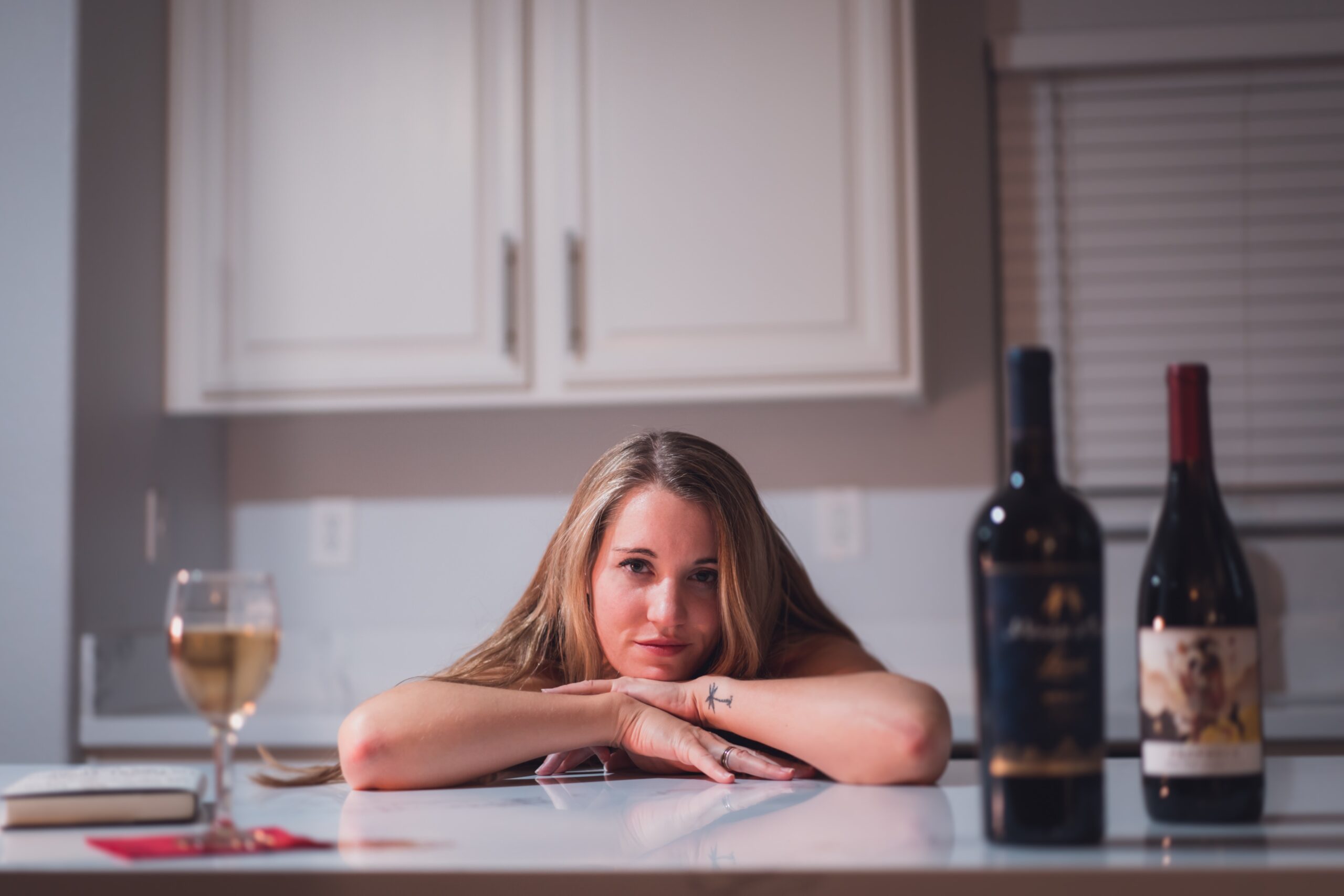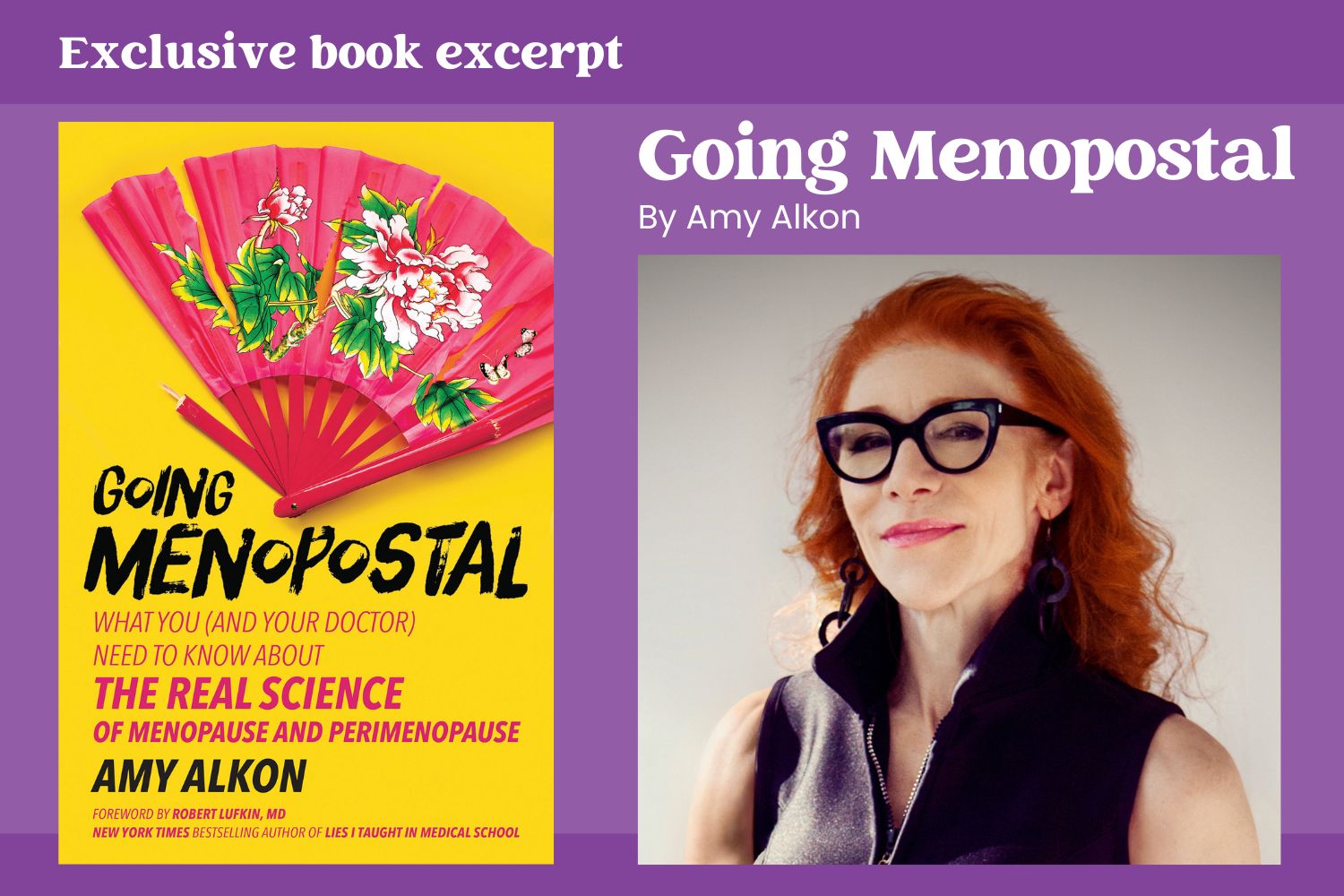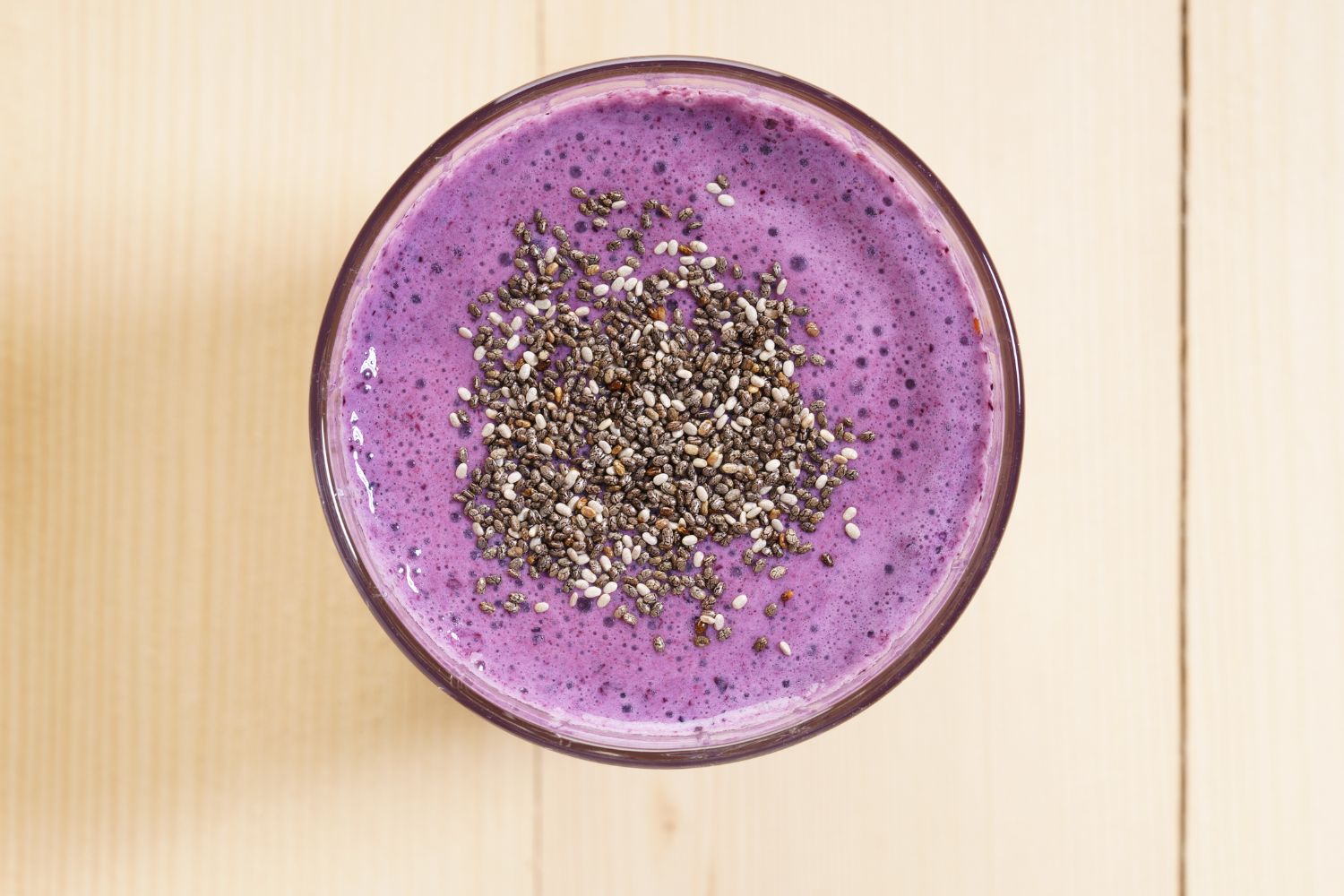
10 years of sobriety later, I want to share my story with the rising number of women alcoholics
A few months after I got sober from alcohol in 2013, my sister pointed out the endless alcohol advertising as we drove through a town not far from our homes in the DC suburbs.
“Until you got sober I just never noticed before that alcohol signs are everywhere,” she said, pointing to the nearest roadside sign, mentioning billboards, every restaurant sign, and delivery trucks, not to mention television and the internet.
At the time, I was keenly aware of the absence of alcohol in my life after 25 years of progressive, destructive drinking, and its persistent presence everywhere while I tried not to drink it anymore. I was aware for decades that I could not stop putting alcohol in my body, and thought constantly about where I could get it, how much of it I needed, how much I did or didn’t have, how miserable it made me, and most of all, that I couldn’t quit it.
Like many American college students, I started drinking to fit in socially. It helped me to cope with the academic and social stressors of college, and then the personal and professional demands of early adulthood. By the time I realized that it was harming my life, I also knew that I couldn’t stop even when I wanted to, like the other estimated 1 in 8 American adults with alcoholism.
For years I was a binge drinker who could go some period of time — although never long — without consuming alcohol, although I frequently obsessed about it, whether I was drinking it or not. By my late 30s, following the implosion of a serious long-term relationship, I was a daily, drink-to-get-drunk drinker. By 42, I had given away my career in education, most of my relationships, and my physical and mental health to an increasing, and increasingly damaging, compulsion to drink.

The details of how I quit drinking are fuzzy
One night I was walking to buy beer, and a thought popped into my mind that maybe I didn’t have to do this anymore. Shocked into action, I reached out immediately to a faraway sober friend on Gchat, and followed her suggestion to contact another friend who lived in my town. By that Sunday, she met me in a room that had terrible coffee and several kind strangers who seemed to think that I could heal. I have somehow not had a drink since that day — a far longer story than I have space to tell here.
Fast-forward nearly 10 years, and it’s once again Alcohol Awareness Month, designated by the National Council on Alcoholism and Drug Dependence to increase outreach and education about what they call “the dangers of alcoholism and issues related to alcohol.”
My real and serious dangers and issues related to alcohol have become even clearer as my brain has unfogged, my nervous system repaired, and I got the mental health and social supports I had needed for a long time. When I told friends over time that I was now a sober alcoholic, some were surprised. They said I had seemed too “functional” for that — an adjective I still consider dangerous in this context. A car with no bumpers, floorboards or legit insurance can still run, but should it?
I hid from even my closest people the frequent suicidal ideation, late-night blackout rides back to the suburbs on the D.C. Metro, and the daily hour spent crying in the shower to even be able to function enough to get to work an hour late. They didn’t know that I made frequent trips to the emergency room for constant panic attacks, crushing migraines, a racing heart rate, and skyrocketing blood pressure. I could not meet the daily responsibilities of my work, the upkeep on my home, or really even care for myself. I lived with a sense of impending doom, and an inability to stop drinking, despite telling myself daily that today would be the day that I would.
Yet despite some workplace issues and troubling personality changes, I didn’t have the material consequences that many people seem to associate with a “bad enough” problem. I had paid work even after I gave up my career job, a place to live, and a working vehicle with no citations for driving while intoxicated. I somehow wasn’t incarcerated or in a psychiatric facility, and as I spent more and more time alone, I could pretend to be socially appropriate for the limited periods of time I left my house. My family spoke to me, and I had a few friends left.
Now, a whole global pandemic and increasingly stressful socio-political environment within my decade of sobriety later, the statistics for substance use disorder aren’t great, and they seem even worse for women. Per 2021 statistics from the Substance Abuse and Mental Health Services Administration, 12.4 million women ages 18 and older showed signs of Alcohol Use Disorder (AUD) in the previous year.
Women in midlife have coped with disruptions in family, workplace, education, and health care for years now, in a worsening economy and with increasing social distances and erratic connections. I’ve received several messages from friends over the COVID years, wondering if they might be drinking too much, if it’s a problem that their nightly lockdown happy hour persists, or that they still can’t shake the increased depression and anxiety that a drink or three seems to numb out just enough to get through bedtime or a Sunday night before the work week kicks off again.
I’m so honored when people trust me enough to ask me these things, although I am not a professional and can only share my own experience. I know the fear of worrying about my drinking as it steadily worsened, along with unbearable loneliness. And while I don’t pretend to have magic — or any, really — answers to sobriety, I can say that it has been beautiful, aggravating, time-consuming, difficult, and the joy of my life, and most of that is because of the people who have been there to help me do it. To be available even a little bit for someone else is the best possible use of my time.
If you’re trying to decrease your alcohol intake, you’re just curious about what the deal might be with your relationship to it, or you’ve got a little voice in your head that says “maybe I don’t have to do this anymore,” these tips might help this Alcohol Awareness Month.

- Alcoholism and alcohol/substance use disorder are classified as diseases by the American Medical Association (since 1952!) and the DSM-V. If you have concerns about your alcohol consumption, talk to your medical provider first.
- Psychiatrists and therapists are excellent partners in care, and many have in-person and telehealth options now at various price scales. Ask your doctor for a referral. The Psychology Today therapist guide allows you to search by specialty. InnoPsych exclusively lists therapists who are people of color.
- You do not have to consume alcohol with any particular frequency or in a specific amount to have concerns. I was a binge drinker for many years, like approximately 13 percent of women in the United States. Before I quit, I needed to drink daily to maintain my blood alcohol levels without withdrawal. I have met others in recovery who could go long periods of time between drinks, but could not stop once they started again, or suffered consequences severe enough to affect their quality of life.
- There is no one path to get sober, or to decrease alcohol intake, although some are more immediately accessible than others, depending on your income and health care situation.Your medical provider can make appropriate recommendations for next steps in care — options like harm reduction, drug and/or alcohol rehab, mutual aid groups, and therapy.
- The old myth about the only true alcoholic being a bum drinking out of a paper bag is belied by the number of folks in recovery who maintained jobs, housing, relationships, and other stereotypical signs of stability. You can have stuff but struggle mightily in other ways, and that’s OK. Getting help early is better than waiting to lose more of anything.
When my sister originally asked me how I handled the barrage of alcohol ads around me, I said I guessed I’d just try to stay focused on how it tried to kill me, and keep it moving. A decade later that is still the basic truth, but I have so much more to lose in a life that I love, that I cannot imagine trading any of it for a drink.
If you suspect you might need support or more information about alcohol consumption, the National Institute on Alcohol Abuse and Alcoholism is a great place to start.



